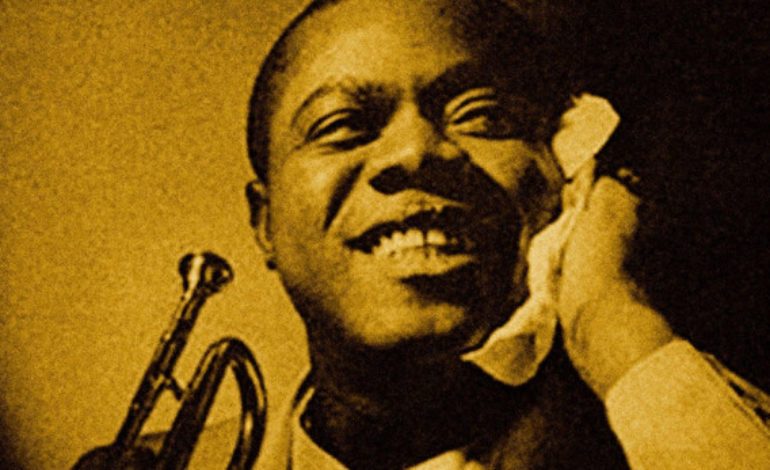

A trove of creative works from 1929 officially entered the public domain in the United States. Under copyright law, works published 95 years ago are released for public use, allowing anyone to share, adapt, and republish them without restrictions.
Among the most notable arrivals are several iconic songs and musical standards that defined the roaring twenties. These include George Gershwin’s timeless classic “An American in Paris” and Fatz Waller’s jazz masterpiece “Ain’t Misbehavin’.” Both tracks encapsulate the cultural vibrancy of 1929, marking the era when jazz and Broadway flourished, and set the foundation for generations of American music.
The literary world also celebrates new additions to the public domain, including Dashiell Hammett’s groundbreaking novel “Red Harvest,” a cornerstone of the hardboiled detective genre. This influential work introduced readers to gritty storytelling and morally ambiguous characters, laying the groundwork for noir fiction and inspiring films and other media for decades.
In cinema, a number of silent films from 1929 join the public domain, offering a glimpse into a transformative period when Hollywood was transitioning to “talkies.” Titles like “The Cocoanuts,” the first feature film by the Marx Brothers, can now be freely accessed and reimagined.
Stereogum reporots that other sound recordings from 1924 will become public domain as well, as they take 100 years to be released.
The public domain expansion provides creators, educators, and historians with opportunities to preserve, reinterpret, and remix these cultural milestones. Musicians can sample melodies from iconic standards, filmmakers can reimagine early cinematic classics, and publishers can produce affordable editions of long-protected novels.
Creators have already begun to take advantage of the new characters and images released. One example is a trailer for a horror movie centered around famous cartoon character “Popeye”. The film, titled “Popeye The Slayer Man” depicts the character as a murderous villain.
For fans of 1920s culture, 2025 is a banner year to rediscover and celebrate the creative legacy of 1929—a year that continues to resonate nearly a century later.
